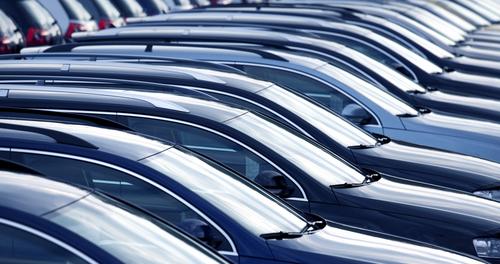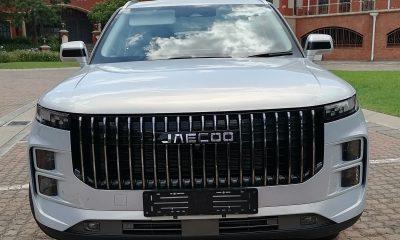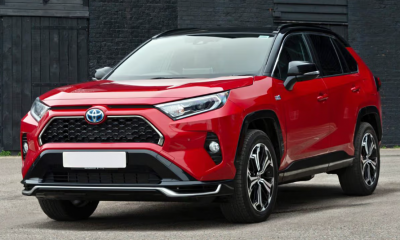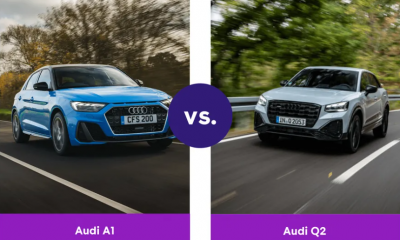Business
Audi, BMW, and Volvo Shut Down Dealerships in South Africa as Premium Car Sales Decline

South Africa’s premium car market is facing a dramatic downturn, with major automotive brands Audi, BMW, and Volvo confirming dealership closures as part of broader restructuring plans.
The three automakers have cited a perfect storm of economic challenges and shifting consumer behavior as the key reasons behind their decisions. High inflation, rising interest rates, weak exchange rates, and a lack of government support for electric vehicles (EVs) have all played a role in reshaping the premium car landscape.
Audi’s Strategy Shift: Adapting to a Shrinking Market
In a recent statement, Audi South Africa announced the rollout of an “optimised footprint strategy,” aiming to realign its physical presence with new market realities.
The brand reported that the premium vehicle segment has shrunk dramatically—by 68% over the past decade, according to Lightstone Auto. In 2014, Audi and other luxury brands sold over 74,000 vehicles. That number dropped to just under 24,000 by the end of 2024.
Audi highlighted affordability challenges and an emerging trend of buyers opting for newer, more affordable vehicle brands with strong specs and value for money. Additionally, the automaker criticised South Africa’s lack of a clear regulatory framework or incentives for electric vehicles—a stark contrast to developed markets.
Though Audi has not disclosed the exact number of affected dealerships, the Motor Industry Staff Association (MISA) reported that at least four branches will be closed in the coming months.
BMW Reduces Dealership Footprint Over Time
BMW has also trimmed its dealership network in South Africa—from 55 in 2015 to 46 by the end of 2024, a 16% reduction. A spokesperson for the German brand said the move was driven by operating efficiency, shifting to service-only models, and consolidation in response to current trading conditions.
The exchange rate shift—moving from R10.20 to over R18 to the US dollar—has been particularly painful, pushing up vehicle prices beyond affordability for many South Africans and contributing to a marked “buying-down” trend across the market.
Volvo’s Electrification and Sustainability Drive
Volvo Cars South Africa (VCSA) is taking a more strategic route by scaling back its dealership network from 19 to just 7 locations nationwide. The company emphasized that this move supports its broader focus on electrification, digital retail, and sustainability.
The remaining dealerships will be operated by four groups—CMH, SMH Bedfordview, Tom Campher Motors, and Rola Motors Somerset West—covering Gauteng, KwaZulu-Natal, and the Western Cape.
Volvo says the selection of dealerships was made based on sales potential and strategic location, with the full network overhaul expected to be completed by mid-2025.
What This Means for South Africa’s Car Industry
These dealership closures reflect a fundamental shift in South Africa’s auto sector. Premium vehicles are becoming less accessible for many buyers, who are now prioritising affordability, value, and efficiency—often turning to non-premium or Chinese brands with better price points.
Without policy interventions or economic recovery, the country’s premium vehicle market may continue to decline. Meanwhile, automakers are trying to strike a balance between profitability, service delivery, and future-focused investments in EV infrastructure and digital retail.
{Source: BusinessTech}
Follow Joburg ETC on Facebook, Twitter , TikTok and Instagram
For more News in Johannesburg, visit joburgetc.com





















